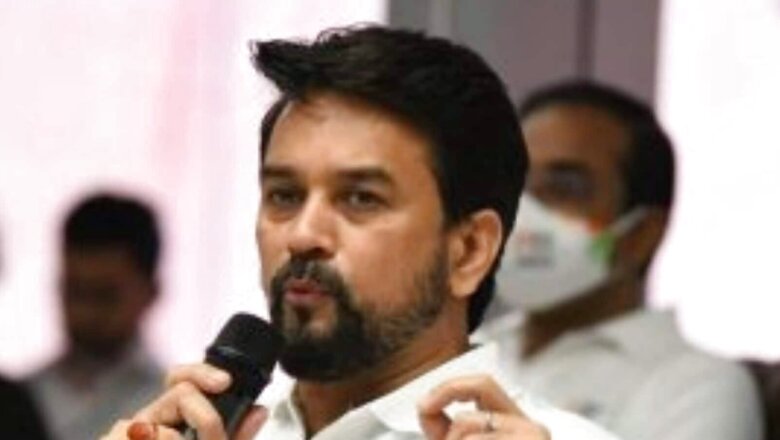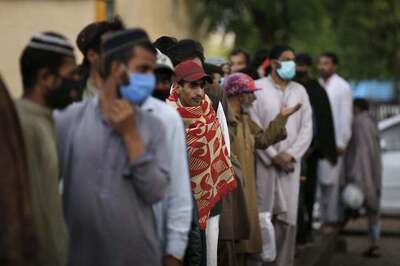
views
The government gives highest importance to the protection of women at workplace, including women in film industry, the Centre said on Tuesday. Union Information and Broadcasting Minister Anurag Thakur gave the reply while responding to a query on exploitation of women in cinema in the Lok Sabha. “Government of India gives highest importance to the protection of women and girls and also takes steps to address the issue of their safety and security,” he said.
The government has also enacted ‘the Sexual Harassment of Women at Workplace (Prevention, Prohibition and Redressal) Act, 2013 to provide safe environment at workplace for women, including women in film industry, he said. “The act casts a mandatory obligation upon every employer, whether private or public sector, to create an environment which is free from sexual harassment and to constitute internal committee (lC) for receiving complaints related to sexual harassment,” the minister said.
Thakur said the government implements schemes of One Stop Centre and Universalisation of Women Helplines. “The One Stop Centres (OSCs) aim to facilitate women, including women in the film industry, affected by violence with a range of integrated services under one roof such as police facilitation, medical aid, providing legal aid and legal counselling, psycho-social counselling, temporary shelter, etc.
“Further, the Women Helpline (WHL) Scheme provides 24 hours emergency and non-emergency response to women, both in public and private spaces by linking them with appropriate authorities such as police, OSCs, hospital, legal services, etc. WHL also supports women in distress with rescue van and counselling services in addition to providing information about women welfare schemes and programs across the country the minister said in his written response. Women can dial 181 short code to avail services from Women Helpline, he said.
Listing out the laws meant to safeguard women and girls, Thakur said the government has enacted strong criminal laws like the Protection of Women from Domestic Violence Act, 2005; the Dowry Prohibition Act, 1961; the Prohibition of Child Marriage Act, 2006; the lndecent Representation of Women (Prohibition) Act, 1986; the lmmoral Traffic (Prevention) Act, 1956 and the Commission of Sati (Prevention) Act, 1987.
Read all the Latest India News here


















Comments
0 comment